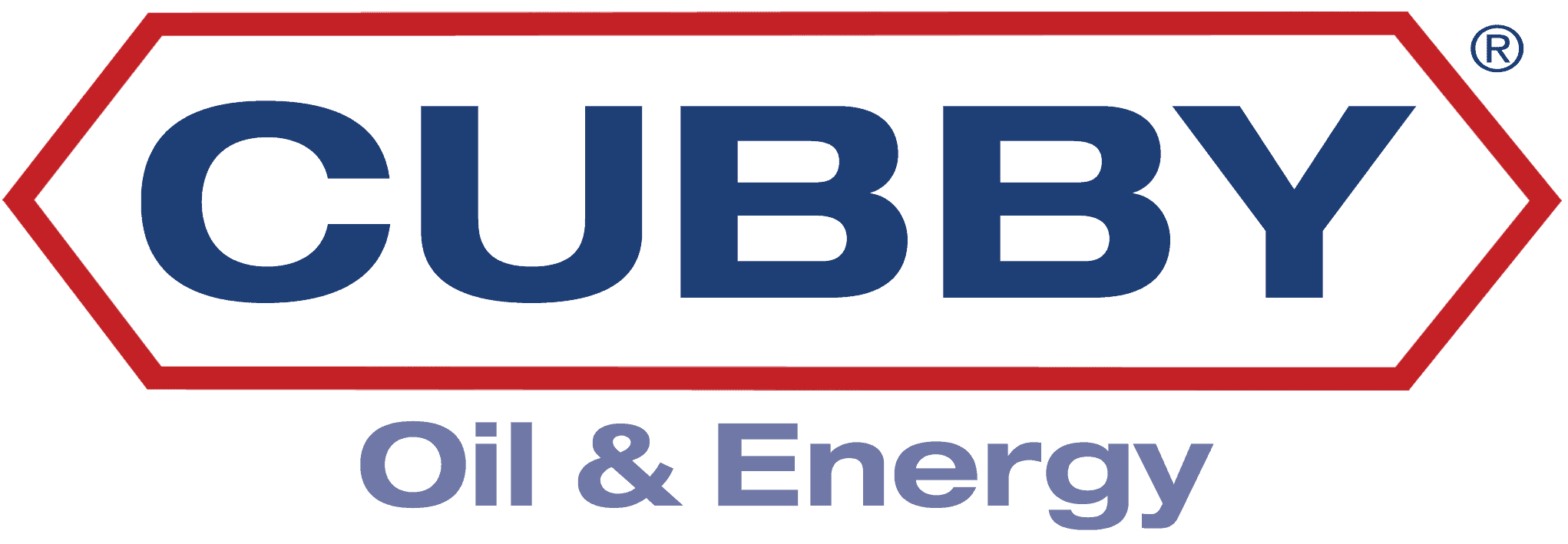A Responsible Path to Renewable Heat
Over the past two decades, the heating oil supply pool has been increasingly cleansed of sulfur and blended with renewable, clean-burning biodiesel to create ultra-low-sulfur Bioheat® Fuel. Commonly delivered to customers today as five- to 20-percent biodiesel blends (B5 to B20), some of today’s forward-thinking fuel retailers are already delivering blends of up to 40 and 50 percent biodiesel, which is cleaner and more renewable than both natural gas and electricity. Put another way, there are heating fuel customers right now whose conversion to electric heat would represent an increase in their carbon footprint.
According to global management consultancy A.T. Kearney, a decarbonization plan that increases biodiesel supply to the Northeast, while supporting the ongoing commercialization of complementary biofuels, represents the most realistic and responsible path forward to net-zero home heating.
Said Kearney’s Yuri Kopylovski, “Electric air source heat pumps claim to lower emissions and costs over time, but they have the highest cost to upgrade from an oil heat system and often require a supplemental heat source in very cold weather. They also rely on electricity that’s generated at peak usage times when the share of renewable electricity generation is relatively low and carbon emissions are higher than proponents often claim. In comparison, using B100 is cheaper to upgrade from an oil heat system, more efficient in cold climates, and has lower carbon emissions compared to the alternatives.”
“Months of research conducted by Kearney demonstrates that heating oil-biofuel blending provides the most cost-effective and immediate path to reduce fossil energy use and carbon emissions … Our findings show that this strategy is both affordable and easier to implement than electrification for home heating in the Northeast.”Neal Walters
Partner, Kearney
The Bioheat® market provides feedstock growers and biodiesel producers a market during the off-season for on-highway biodiesel demand, which peaks in the summer.
Farm to Furnace
Farm to Furnace
The Bioheat® market provides feedstock growers and biodiesel producers a market during the off-season for on-highway biodiesel demand, which peaks in the summer.
Quality, Reliable Warmth
Bioheat® fuel has been thoroughly tested by the most prominent fuel research organizations in the world. Independent studies by the National Renewable Energy Laboratory, Southwest Research Institute, Brookhaven National Laboratory, and the US Department of Agriculture have shown that ASTM grade biodiesel can blend seamlessly into ultra-low-sulfur heating oil with even greater benefits to performance, human health, energy security, and global climate change. Recently, a study by Brookhaven’s Sustainable Energy Department on “B20 to B100 Blends as Heating Fuel” found that higher blends appear to actually reduce service related issues in today’s heating oil equipment, making it the cleanest, most reliable heating fuel available today.
“The transition to higher blends of biodiesel can occur with low costs and little impact on the consumer.”
Sustainable Energy Technology Dept.
Brookhaven National Laboratory
“Many of the farms you see out in the Midwest are multi-generational, family-owned businesses just like yours. These business leaders are excited to work with your industry and help it grow. We have a fuel that we believe is a really great product. That product, with your product, is an even better product.”
Donnell Rehagen
CEO, Clean Fuels Alliance America (speaking to heating fuel retailers at a 2019 industry event)
An American Success Story
An American Success Story
“Many of the farms you see out in the Midwest are multi-generational, family-owned businesses just like yours. These business leaders are excited to work with your industry and help it grow. We have a fuel that we believe is a really great product. That product, with your product, is an even better product.”
Donnell Rehagen
CEO, National Biodiesel Board (speaking to heating fuel retailers at a 2019 industry event)
“Individuals and communities across the country are going be affected by net-zero transitions in different ways. All Americans will be crucial partners in this transition, and we must be sensitive to the needs and values of communities when planning and implementing the very significant infrastructure and other developments needed to get to net-zero.”
George R. Tynan
Professor, UC San Diego Center for Energy Research
“Individuals and communities across the country are going be affected by net-zero transitions in different ways. All Americans will be crucial partners in this transition, and we must be sensitive to the needs and values of communities when planning and implementing the very significant infrastructure and other developments needed to get to net-zero.”
George R. Tynan
Professor, UC San Diego Center for Energy Research































































































































